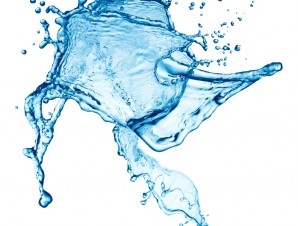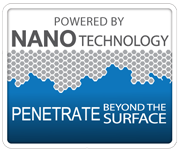Nano-coatings specialist Nanolia has announced the availability of an ultra-thin, transparent coating that provides long-term resistance against chemical attack, weathering and corrosion.
Surfaces treated with Nanolia Powercoat PRO™ are able to be cleaned easily without using a special cleanser, have reduced friction and are more resistant to new soiling.
In the water industry, for example, it could be applied to pump casings to make the pump more efficient and prevent fouling. Or to the inside of pipes to improve flow. As it can also be applied to porous surfaces, its has many potential applications in the water industry.
What is Nanolia Powercoat Pro and what does it do?
Nanolia Powercoat Pro is a two-component clear coating based on chemical nanotechnology, offering exceptional gloss retention and weather resistance for many years.
Due to its extremely thin “minimum-coating” thickness, a coating capacity of about 50m² – 80m² per 1kg can be achieved on non-absorbent surfaces such as aluminium, stainless-steel, brass, copper, magnesium and ceramics. It can also be used on glass-fibre and non-porous surfaces such as concrete, plaster, hardwood and mineral based materials. Surfaces already coated with other products can be “refreshed”, sealed and protected on a long-term basis. Dull and tired paintwork, chalky glass-fibre surfaces and cloudy and tired anodised aluminium gleam again “just like new” and in their original colours after treatment.
Approvals
Nanolia Powercoat Pro meets the Australian Water Industry requirements of AS/NZS 4020:2005 for:
* Odour and flavour of water in contact with the material
* Appearance of water in contact with the material
* Mutagenic activity of water in contact with the material
* Growth of aquatic micro-organisms on the material
* Cytotoxicity
* Extraction of metals
It’s also safe for use in food preparation areas, being compliant with German regulations Title 21, Code of Federal Regulations, Chapter 1, part 177.2600 for use in articles intended for repeated contact with food.



